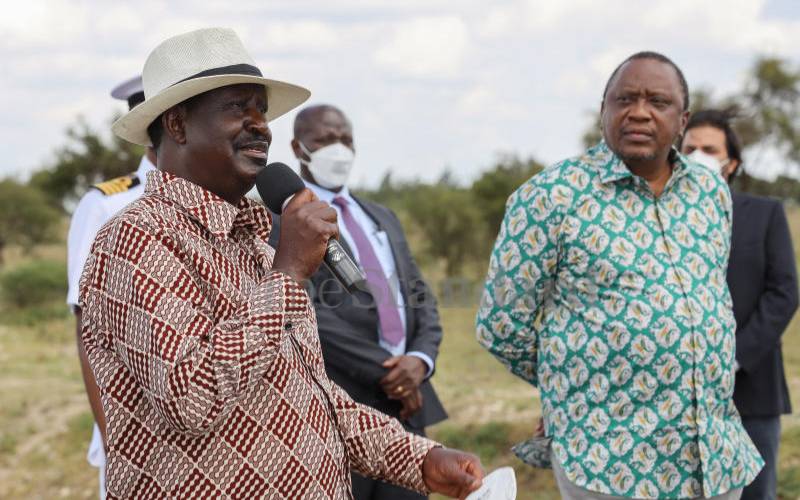
Then he said, “You are Peter and upon this rock, I will build my church, and the gates of Hell shall not prevail against it”. If Jesus gave Peter the keys of the kingdom of Heaven, according to St Mathew, the Kenyan pro-democracy lobby groups of the last quarter of the last century collectively gave subsequent generations the gift of true democracy – well, at least its semblance.
The story of the restoration of Kenyan democracy has been told exhaustively by people whose sandal straps I am not qualified to undo. Mine will therefore be brief and straight to the point. We cannot talk about Kenyan democracy without talking about Raila Odinga, and the role he has played in its preservation.